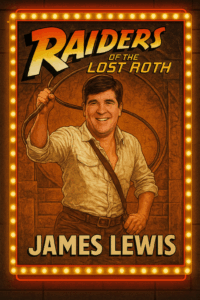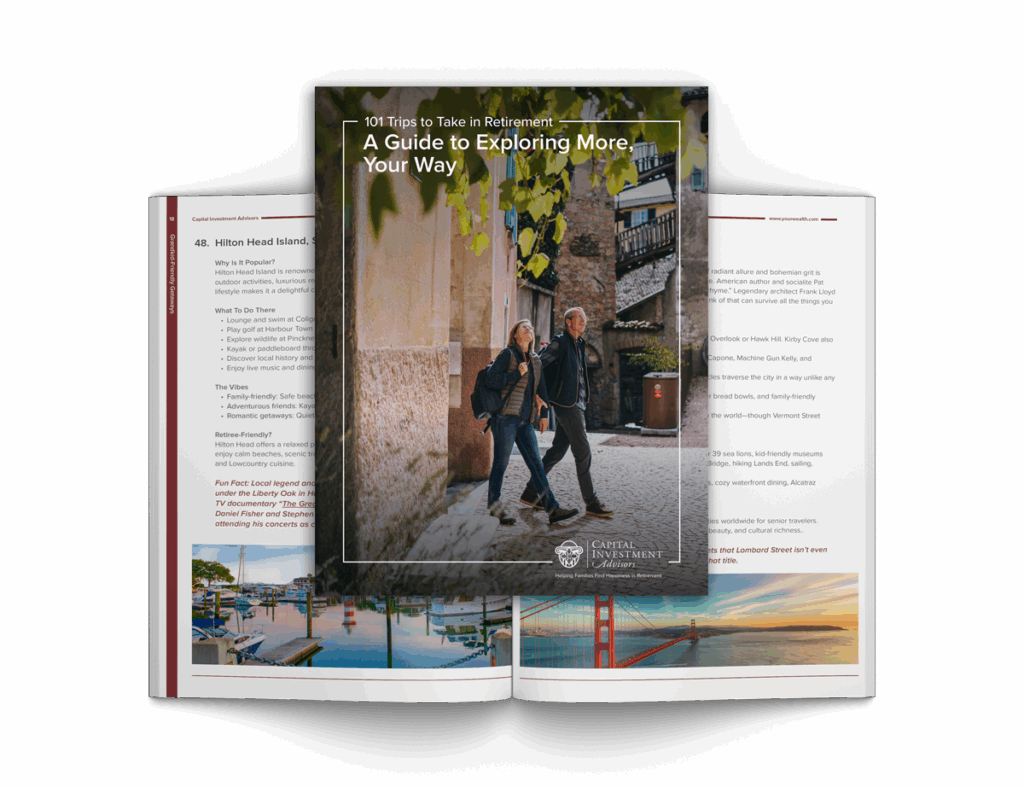If you are a regular user of Facebook you have no doubt noticed some changes in recent months. Most obvious is the increase in marketing messages – “suggested apps,” paid posts touting businesses and causes, and straight-up ads.
Perhaps less noticeable is the absence in your feed of content from pages you have “liked” – businesses, non-profits, musical groups, authors, et cetera. These two changes are connected.
Facebook recently changed the algorithm that decides what you see on your feed. For years, if you liked a popular page run by a business or organization there was a very good chance you would see almost every post from that group. Savvy marketers quickly realized that this was a great way to deliver their messages to loyal customers/fans at a very low cost.
No more.
Since the algorithm overhaul, the number of people who see a post from a business/organization page has dropped as much as 88 percent. Marketers were suddenly left to wonder if all the time and money they had invested in building a Facebook audience was a waste.
Facebook had an answer for these folks: Pay up. Groups that want to continue to reach a sizable number of followers can “boost” their posts for a fee. The organization simply decides how much it wants to spend and tells Facebook what segment of its fans it wants to reach with the boosted post.
This new policy initially angered me as businessman, author and radio host who uses Facebook to share my message. But once I cooled off, I accepted that this was simply a smart and inevitable move.
Facebook is a business, pure and simple. The company went public in May of 2012 and has an obligation to shareholders to grow its revenue. Facebook created a powerful tool for helping businesses and organizations build community; why shouldn’t it profit from that innovation? Marketers who don’t want to pay to play on Facebook are free to use other communications channels. Me? I’ll continue to post on my Money Matters Facebook page. I might even pay to promote a few messages, adding to Facebook’s growing revenue stream.
Facebook recently used some of that revenue to acquire WhatsApp, a texting service that offers a year of free service and then charges 99 cents a year for unlimited messaging.
Roughly 450 million people around the world use the service.
Now that Facebook owns the app, we can expect an eventual surge in awareness and sign-ups here in the U.S. You should definitely check out WhatsApp. If you sign up, keep in mind that Facebook paid $19 billion for this company. They must and will profit from that investment. How? That’s not clear. The founders of WhatsApp are vehemently opposed to advertising – not just on apps, but in general. Will that policy survive? Will user rates increase? Hard to say. But this much is clear; the lesson your parents taught back in the analog era holds true in the digital age: There’s no such thing as a free lunch.












